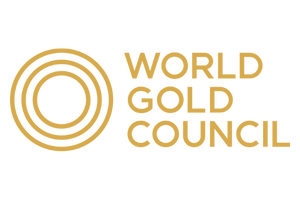The World Gold Council (WGC) is the global authority and expert on gold, representing the world’s most forward-thinking gold mining companies. Established to improve understanding of the gold market, the WGC leverages its extensive knowledge and experience to highlight gold’s value to individuals, investors, and the global economy. It functions as an association combining insights from its members and industry partners to unlock gold’s evolving role as a catalyst for societal advancements. The Council develops industry standards, expands access to gold, and addresses barriers to adoption to stimulate demand and support a sustainable future for the gold market.
Operating globally from offices in Beijing, London, Mumbai, New York, Shanghai, and Singapore, the WGC seeks to deliver a positive impact worldwide. It is deeply involved in enhancing transparency and trust in the gold supply chain, with commitments from its members to publish refining partners’ details and contribute provenance data confidentially to the Gold Bar Integrity platform. This initiative helps foster responsible mining practices and supply chain accountability.
Since registering with the EU Transparency Register on 5 May 2022, the WGC has actively engaged in lobbying across multiple EU policy areas relevant to gold and finance. These include Markets in Crypto-assets (MiCA), UCITS, Solvency II, EU taxonomy, conflict minerals regulation, retail investment strategies, Basel implementation, sustainable finance, AIFMD, EMIR, MiFID, and the Critical Minerals Act, among others. The Council’s lobbying aims to influence EU regulations and policies to support the gold market’s growth and sustainability while ensuring compliance with evolving financial and environmental standards.
The WGC’s approach to lobbying is collaborative, transparent, and focused on creating a balanced representation of interests to avoid undue pressure or privileged access. It operates within the EU’s code of conduct for interest representatives and participates in open dialogue with EU institutions, including the European Parliament, the European Commission, and the Council of the European Union. The WGC’s activities contribute to shaping EU policies that affect the gold industry and related financial markets, ensuring that gold remains a relevant and trusted asset in the global economy.


